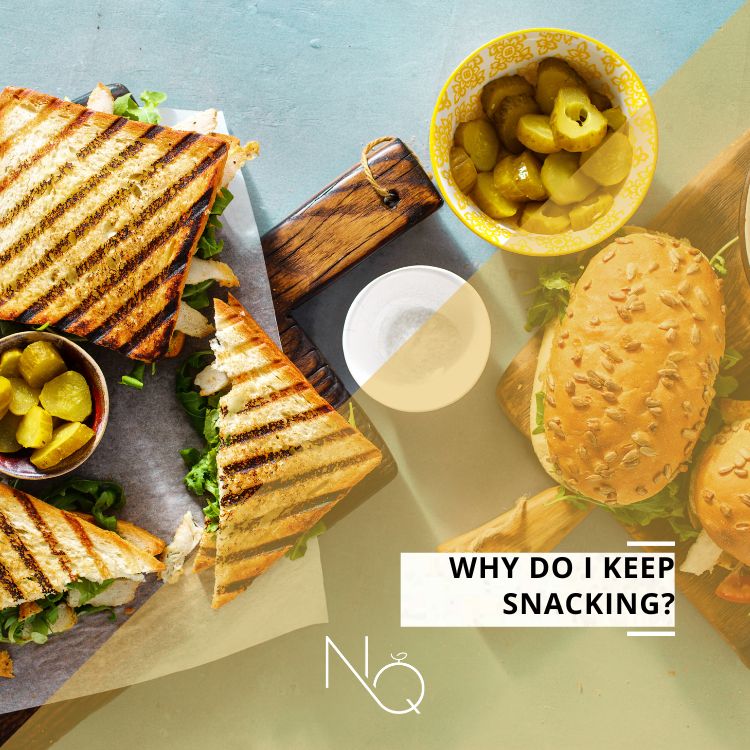Many times, we find ourselves indulging in snacks and small meals more frequently than necessary. Eventually, we end up snacking throughout the day instead of having regular meals and snacks. Let's explore the reasons behind this behavior.
Why Do Snacks Play a Role in Our Diet?
Snacks serve various purposes in our diet, including staying satisfied between main meals, providing a quick energy boost, supporting our exercise routines, and helping regulate blood glucose levels. They also contribute to our nutrient intake; for instance, we often opt for fruits as our snack choice.
Snacking might Lead to Weight Gain
Research indicates that snacking can lead to weight gain. Here's why:
- The size of snack packages has increased over the years, directly impacting overall calorie intake because people tend to consume more from larger packages.
- Snack sizes can be misleading compared to recommended portions. It's important to check the portion size indicated on the nutritional label when grabbing a snack. Even though you might have just one package, it could contain 2 or even 3 servings of food.
- The wide variety of available snacks can encourage overconsumption. Some studies have shown that the more food options available, the more we tend to eat, known as the 'variety effect.' Conversely, we're less likely to overindulge when eating the same foods repeatedly. Snacks today come in various numbers, types, and flavors, increasing the risk of overconsumption.
- Consumption tends to rise when we eat in front of screens. When we're engrossed in screens, whether for work, entertainment, or gaming, we become distracted and lose track of how much and what we're eating.
- Eating with others can lead to increased snacking. Research suggests that when dining with someone who consumes a large portion of snacks, we tend to follow suit and eat more snacks.
"Alright, but why do I always find myself snacking?"
There are several reasons why people tend to overindulge in snacking, including:
- Lack of understanding regarding portion sizes, food ingredient content, or suitable food combinations to control snacking.
- Insufficient satisfaction from previous meals.
- Unconscious consumption of large amounts of food without assessing hunger levels, leading to unconscious eating.
- Frequent eating in front of screens.
- An irregular eating schedule without defined meal times or food choices, resulting in increased snacking to meet nutritional needs.
- Caring for others, leading to the consumption of smaller food amounts while feeding them or cooking. This may also involve eating leftovers, such as those of children.
- Emotional eating, triggered by negative emotions like sadness, anxiety, worry, embarrassment, or fear.
- Boredom or a lack of activities.
- Overindulging when in the company of others, often without realizing the extent of consumption.
Understanding these factors can help reduce the urge to snack. To regain control, employ mindful eating strategies such as selecting snacks mindfully, savoring each bite, addressing emotional eating issues, and allowing time for your body to adapt to dietary changes.




